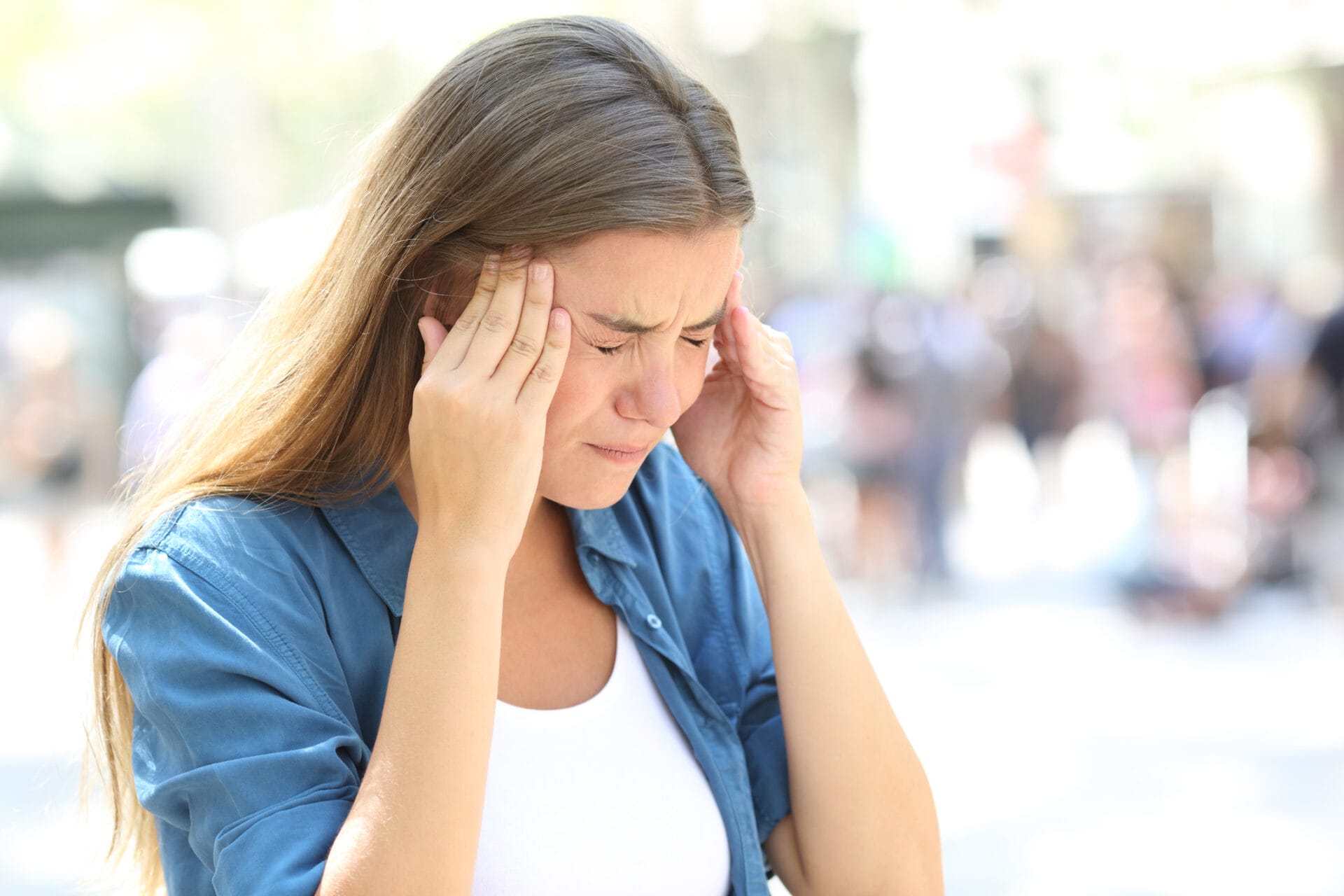What Is A Cluster Headache?
Cluster headaches are attacks of excruciating pain in one side of the head, often felt around the eye area. Cluster headaches are rare and anyone can get them, but they’re most common in men, starting when a person is in their 30s, or 40s. Cluster headaches can significantly affect your quality of life, so if you have any of the following symptoms, please get in touch with MyHealthcare Clinic 0207 099 5555 for an appointment with one of our private GPs.
Symptoms of cluster headaches:
Cluster headaches happen quickly and without any warning signs. The pain is severe and is often described as a sharp, burning, or piercing sensation, on one side of the head. It may also be felt around the eye, the temple, and sometimes, the face. It tends to affect the same side of the head for each time you get an attack. People often feel restless and agitated during an attack because the pain is so intense.
You may also get one, or more, of the following symptoms:
· Drooping and swelling of an eyelid
· A red and watering eye
· A blocked, or runny, nostril
· A sweaty face

Cluster headaches generally last between 15 minutes and 3 hours, and cluster headaches typically occur between 1 and 8 times a day.
What causes cluster headaches?
The precise cause of cluster headaches is not clear, but they have been linked to activity in a part of the brain called the hypothalamus. Some people who get cluster headaches have other family members who also get them, suggesting that there may be a genetic link. People who smoke seem to have a higher risk of getting cluster headaches. Cluster headache attacks can sometimes be triggered by strong smells, such as perfume, paint, or petrol, or by drinking alcohol.
Cluster headaches usually happen every day, in bouts, lasting several weeks, or months, at a time (typically 4 to 12 weeks), before they go away. A symptom-free period (remission) will often follow, which sometimes lasts months, or years, before the headaches start again.
People tend to get cluster headaches at the same time each day. For example, they may wake up with a headache within a couple of hours of going to sleep. They’ll often get cluster headaches every year for many years and they may be lifelong. They tend to happen at similar times of the year, most commonly in the spring, and autumn.
Cluster headache treatment
MyHealthcare Clinics offer a range of booking options for you. Please call our reception team, book online, or email, and one of our team will be happy to arrange a suitable appointment time to see one of our private GPs.
